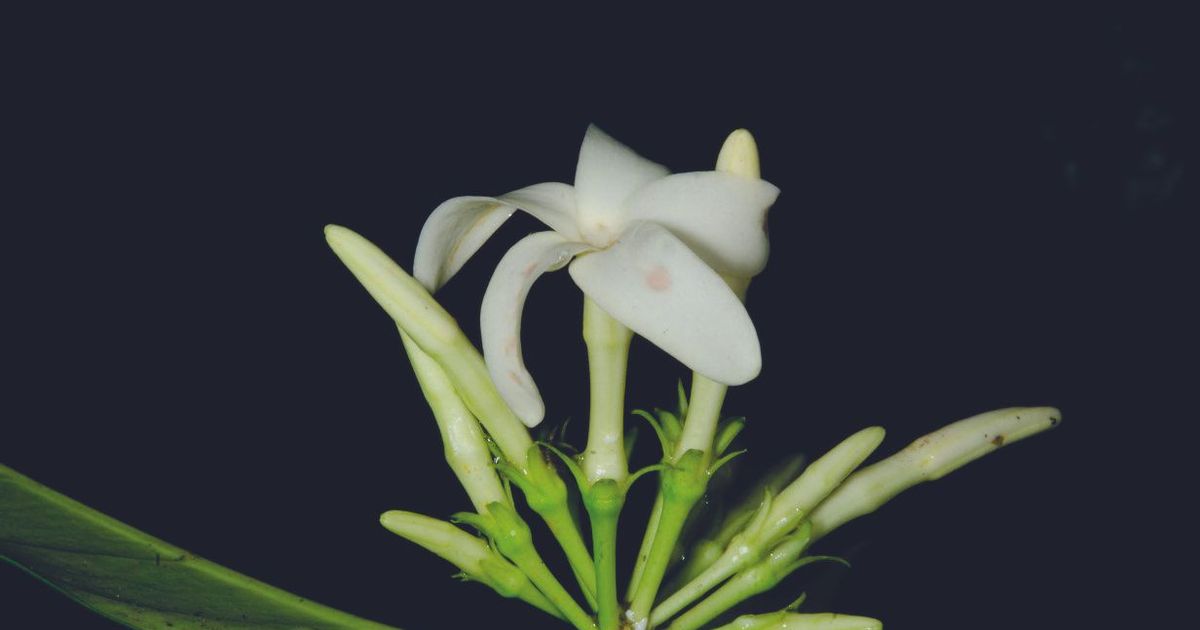Researchers at the Royal Botanic Gardens Kew (United Kingdom), one of the most important botanical gardens in the world, publish this week a new report on the state of plants and fungi. They are based on data from 25 scientific articles by 200 international researchers, including scientists from the Meise Botanical Garden. Scientists, as expected, bring mostly bad news. Of the approximately 350,000 plant species described by scientists, 45 percent are classified as “endangered.” The orchid (Orchidaceae), pepper (Piperaceae), bromeliad (Bromeliaceae) and arum (Araceae) families are in a particularly poor situation.
The more recently a plant was described, the greater the chance it has that status. Since the beginning of 2020, more than 18,800 new species of plants and fungi have been recorded. More than 77% of them meet the criteria to be considered endangered. Researchers estimate that we still have at least one hundred thousand plants to “discover”, and that 3 out of every 4 of them are already in danger of extinction. In other words, biologists have to hurry if they still want to describe those plants. This description is important because plants are only eligible for protection after they have been given a scientific name. Therefore, plant experts at the Royal Botanic Garden are calling for all newly described plants to be immediately given “endangered” status from now on.
The report also reveals gaps in knowledge: only 155,000 species of fungi have been officially named so far, but scientists estimate there are around 2.5 million species worldwide. Therefore, more than ninety percent of the species remain unknown to science.

“Friendly travel trailblazer. Certified gamer. Evil bacon practitioner. Analyst. Problem solver.”







